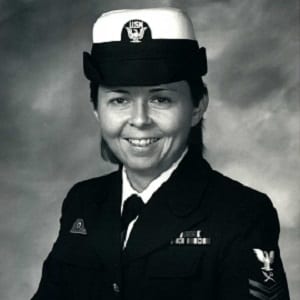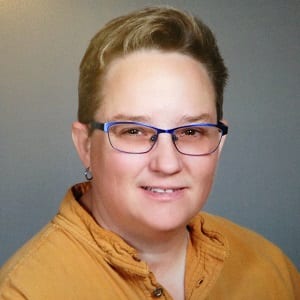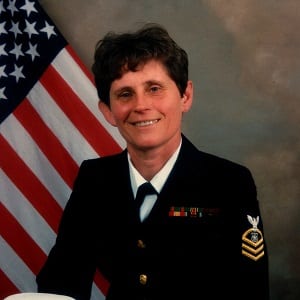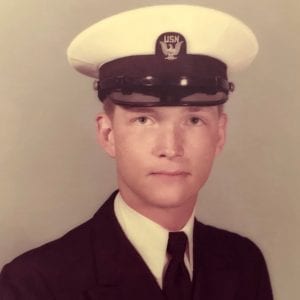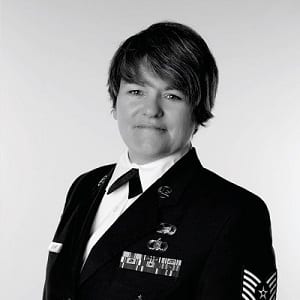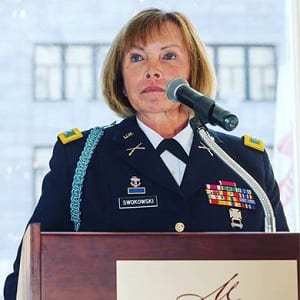LGBTQ Do Tell!
Military Code on Homosexual and Transgendered Personnel
On September 20, 2011, the Don’t Ask Don’t Tell (DADT) policy was repealed, allowing homosexual service members to serve openly for the first time without threat of judicial punishment. DADT was put into effect on February 28, 1994, and it allowed homosexual service members to serve as long as they remained in the closet. Under this policy more than 13,000 service members were discharged.
On June 30, 2016, Secretary of Defense Ash Carter announced Directive-type Memo (16-005) to allow transgender service members to serve openly. However, on July 26, 2017, President Donald Trump announced through Twitter that, “the United States Government will not accept or allow…Transgender individuals to serve in any capacity in the U.S. Military,” and on March 12, 2019, Secretary of Defense James Mattis released a Directive-type Memo (19-004) implementing this policy regarding transgender service members. The military service of transgender troops remains a contentious issue with advocacy organizations continuing to lobby against the current policies.
Before DADT and the recent policies on transgender service members, the Uniform Code of Military Justice (UCMJ) explicitly banned homosexuals and other members of the LGBTQ+ community from serving in the United States Military. These policies reflected the laws of the time that criminalized behaviors that were considered gender deviant, such as same-sex relationships or wearing the clothing of the opposite sex.
Many members of the LGBTQ+ community that served in the military responded to these laws and policies by forming strategies of quietness and habits of silence that allowed them to work, have careers, and live with less persecution. Conversely, the juxtaposition between the forced silence and relief with the exhilaration of living openly has also caused many members of the LGBTQ+ community to become advocates for equality and vocal critics of the status quo.
Call to LGBTQ+ Wisconsin Veterans
These interviews may contain potentially disturbing content related to combat as well as sensitive material relating to PTSD, trauma, sexual assault, and moral injury. We appreciate the bravery of the narrators in sharing their stories—please be respectful when engaging with these interviews.


